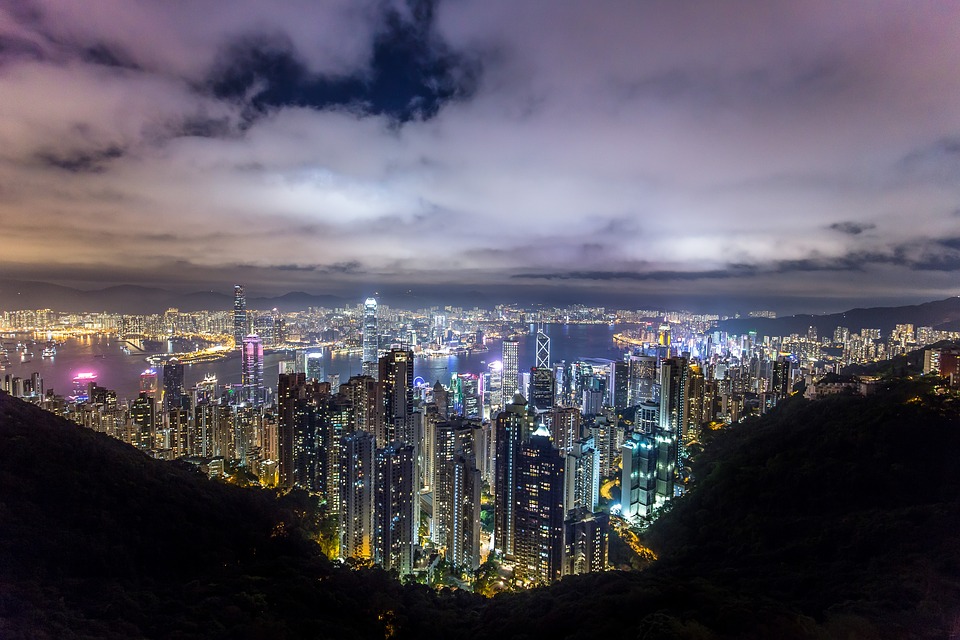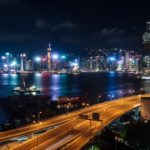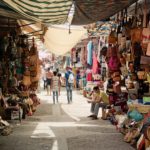
(TAN): Hong Kong’s ongoing protests could result in major job losses and significant slump in visitor spending in 2019, a study by the World Travel & Tourism Council (WTTC) has found.
WTTC, which represents the global tourism private sector, said research revealed that Hong Kong could lose USD 8.4 billion worth of international spending, while the full-year number for 2019 could dip 16% compared to last year. On the other hand, travel-related jobs, both directly and through supply chain, are expected to go down by 15% or up to 90,000 jobs from present levels.
[ALSO READ: This luxury resort in Cambodia’s wilderness has sustainability on its mind]
Further research by WTTC showed international tourist arrivals between June and September dipped 23% vis-à-vis the same period last year. In October, visitor arrivals plunged 43.7% to over 2.5 million from the same period of 2018, a report from Hong Kong Tourism Board showed. The drop in arrivals for October was reportedly the sharpest decline in a single month since the anti-government protests started half a year ago.
This could be the worst Christmas for Hong Kong in decades, with tourist arrivals dropping 40% during the festive season, the steepest since the 1997 handover, a report said. Bookings from September-end to December-end have gone down by 58.2% from last year, WTTC said.
“Even during Sars (Severe acute respiratory syndrome), the effects only took place in the first half of the year. There hasn’t ever been such a drop for Christmas,” tourism lawmaker Yiu Si-wing was quoted by South China Morning Post as saying.
The blow faced by the tourism sector in the wake of the political instability is significant as Hong Kong’s economy relies heavily on the sector – accounting for 17.4% of total economy in 2018. With international visitors contributing 77% of all tourism spending, Hong Kong’s international visitor spending reached USD 43.9 billion in 2018, the largest amount of international visitor spending in the world, WTTC said. Leisure spending, on the other hand, accounted for 84% of all tourism spending.
WTTC also pointed out that political instability is “the most difficult crisis to overcome, surpassing terrorism, natural disasters, and disease/outbreaks” owing to which the fall in the travel sector might continue, even after peace has been restored.
President and Chief Executive Officer of WTTC, Gloria Guevara, said “private collaboration, effective communication and continued efforts that focus on preparedness and prevention” can make a “real difference” in decreasing both the human and economic impact of political instability.
[ALSO READ: Rwanda inks deal with French soccer club to promote tourism]
“We are seeing huge efforts by Hong Kong’s private and public sectors in bringing back peace and improving the business environment. and I believe hope that Hong Kong will can prove resilient through this difficult time. The whole Travel & Tourism community cares for Hong Kong and extends its greatest support as it works to move back towards normality,” she added.
The 2019 Hong Kong protests, also known as the Anti-Extradition Law Amendment Bill movement, are ongoing demonstrations that started last June. The protests were reportedly triggered by the introduction of the Fugitive Offenders amendment bill by the Hong Kong government, which, if enacted, will allow the extradition of criminal fugitives who are wanted in territories Hong Kong does not have extradition agreements with.




